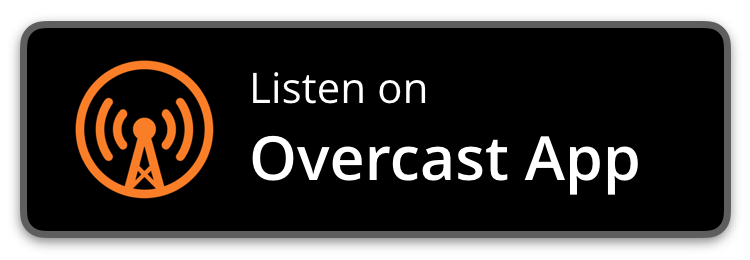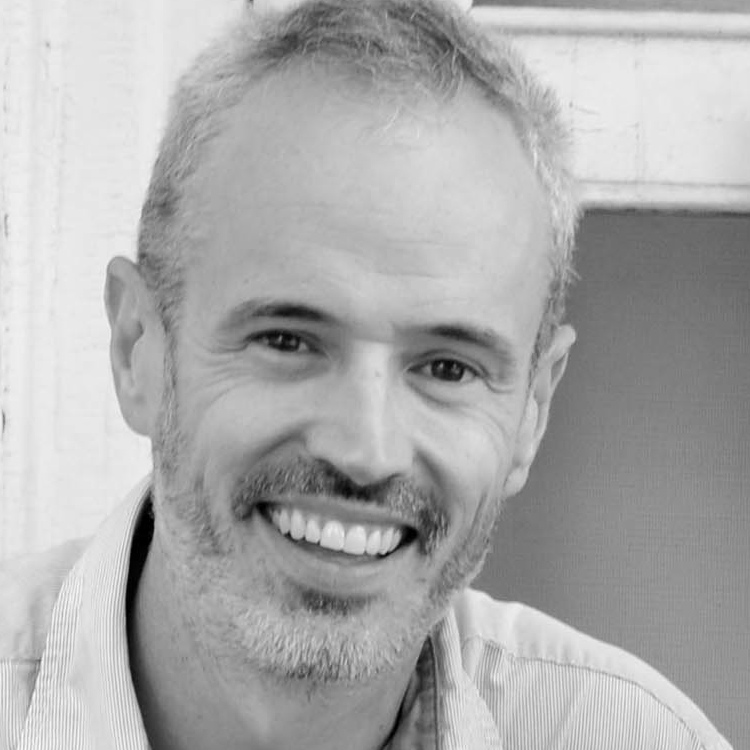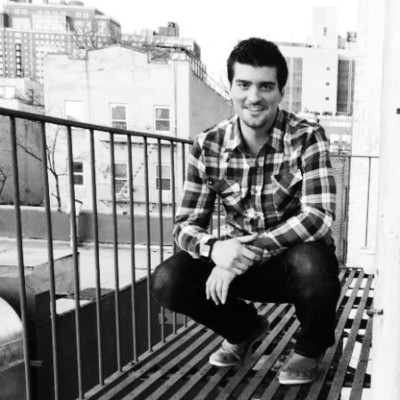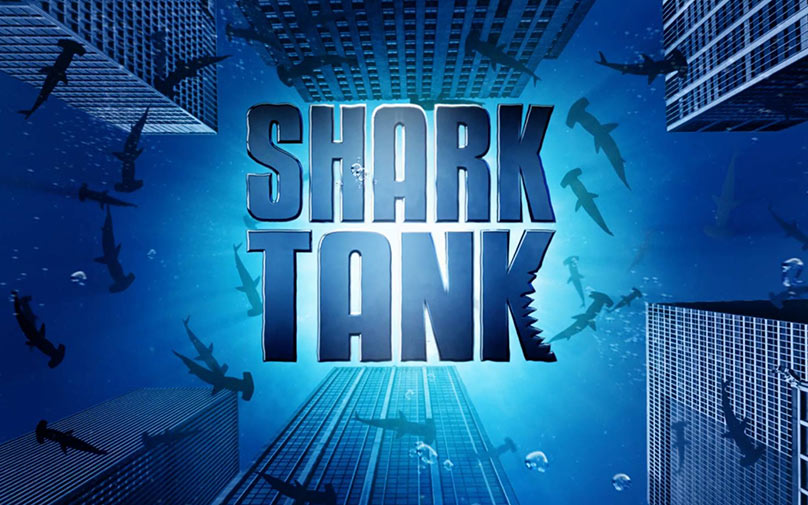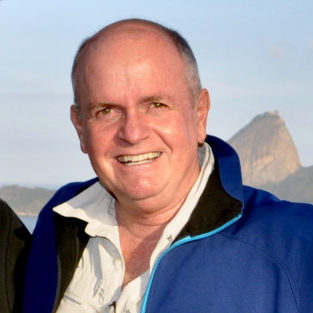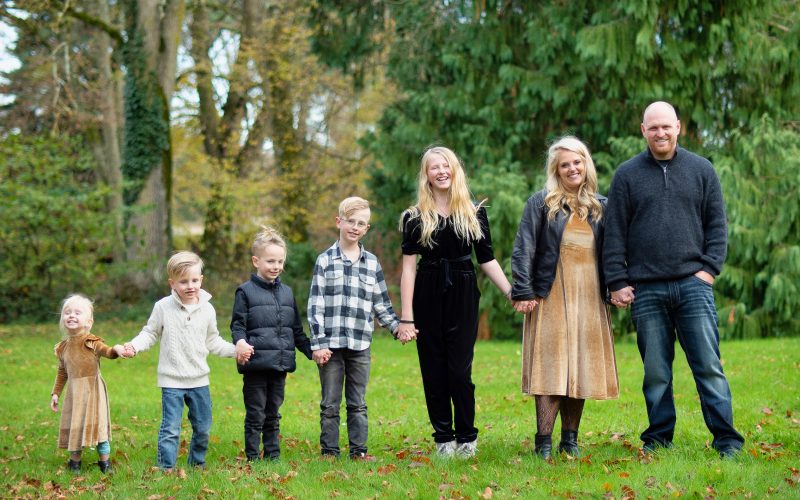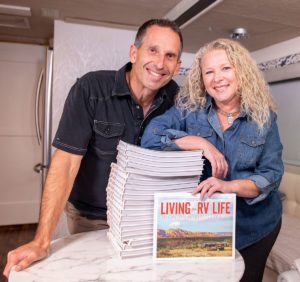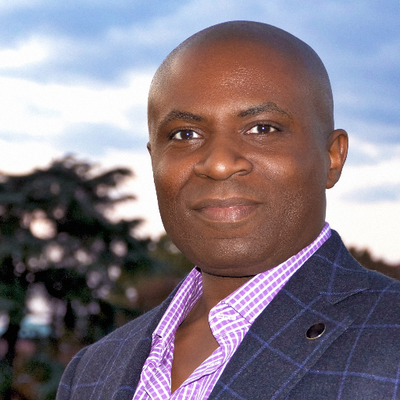
Today I’m speaking with K Campbell (goes by KC) who is a military intelligence veteran and currently a senior security and intelligence consultant at a company calledBlue Glacier Security & Intelligence.
He has experience and training in intelligence; risk, threat, and vulnerability assessments; executive protection; counterterrorism, and business continuity.
Even though a background like that seems like it’s overdoing it for leisure travel, KC brings some useful perspective to what’s happening right now with coronavirus, and travel safety going into the future.
He has specific tips about government warnings and how the different risk levels work, and registering your travels to stay safe.
Selected Links from the Episode
- KC on Twitter
- KC on LinkedIn
- Blue Glacier Security and Intelligence
- US State Dept STEP program
- Johns Hopkins Coronavirus Map
- British Foreign & Commonwealth office (FCO)
Show Notes & Timestamps
- KC’s background in military intelligence 00:02:03
- Recommendations for post-coronavirus travel 00:03:18
- The info source many security pro’s don’t even use 00:05:39
- Breakdown of various government warnings 00:06:46
- General tips for assessing risk for your vacation 00:11:48
- Common mistakes and how to avoid them 00:14:39



